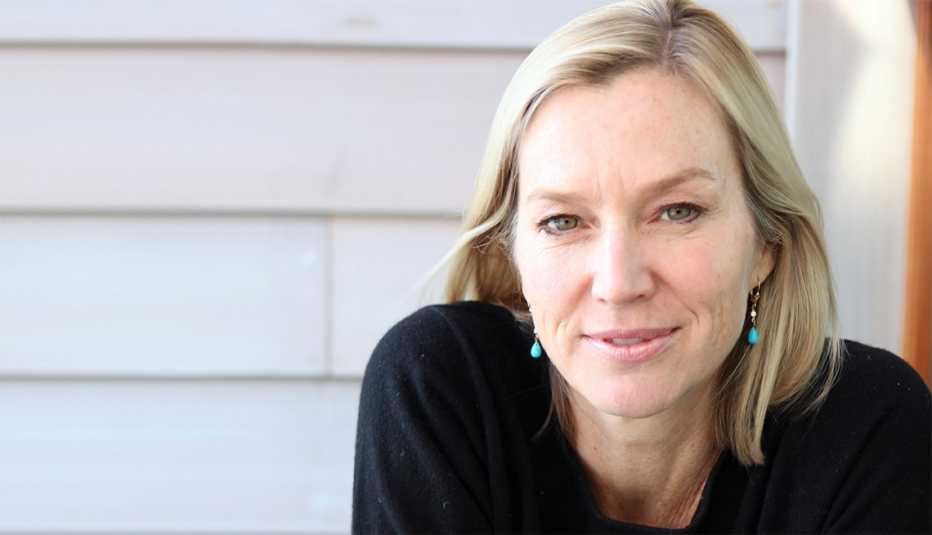AARP Hearing Center


I was on the other side of the world when I got the text.
“Did you know Karla is dying?” my friend wrote. “They called in hospice and she only has a few days to live.”
My enjoyment of a long-planned vacation with my husband suddenly came to a screeching halt in my brain. How could this be? I’d spoken to Karla * a few months ago and we’d celebrated the news that she was pronounced cancer-free. We’d gabbed away for almost an hour, catching up on kids, her future plans and the challenges with chemo, all with her signature optimism and honesty.
I was never someone Karla would have counted in her inner circle. We were in different places in life, my youngest kids still home at a time when she was enjoying dinners out and weekends away.
I’d met her more than 20 years ago as part of a group of moms who sat on the sidelines at their kids’ games and drove one another’s children to playdates and sleepovers. Life had moved us to different cities, and a year or more would easily go by without seeing one another. Any time we spoke, we’d always pick right up where we’d left off. She was that kind of friend.
Listening to the relief in Karla’s voice on that last, long-ago phone call, I recalled that we’d talked about a getaway weekend with girlfriends at the beach and rebooting that group dinner we’d canceled when her doctor unexpectedly discovered a small, pesky tumor. The last of it, she’d said.
When communication stops
For the past two years, Karla had been throwing everything she had at the disease, using a combination of the finest cancer care, physicians and hospitals, with holistic medicines, organic foods and juicing. Nothing that contained any chemical or synthetics was allowed on or in her body. Karla, or so we thought, had won.
How had this rosy picture gone into a death spiral so quietly? It wasn’t so much the shock that the cancer was back. Live long enough and you understand that cancer is a sneaky thief. Anyone who has experienced a brush with cancer never fully lets their breath out. But still.... Days to live?
How had someone who had brought us along so fully on the journey, who had grabbed life by the throat and been honest and transparent about her illness gone so quiet? How could we, her friends, not have known?







































































More on Caregiving
High Blood Pressure Symptoms, Causes and Tests
A resource guide for older adults facing hypertensionCaregivers Wonder: Why Does My Relative Suffer?
Ways to find acceptance and avoid the blame game
How Hospice Helped My Family
A daughter reflects on the decision she made for her father and how much the support meant to them
Nontraditional Burial Options Can Spur End-of-Life Conversations
A ‘gradual goodbye’ process can ease caregiver stress, aid acceptance